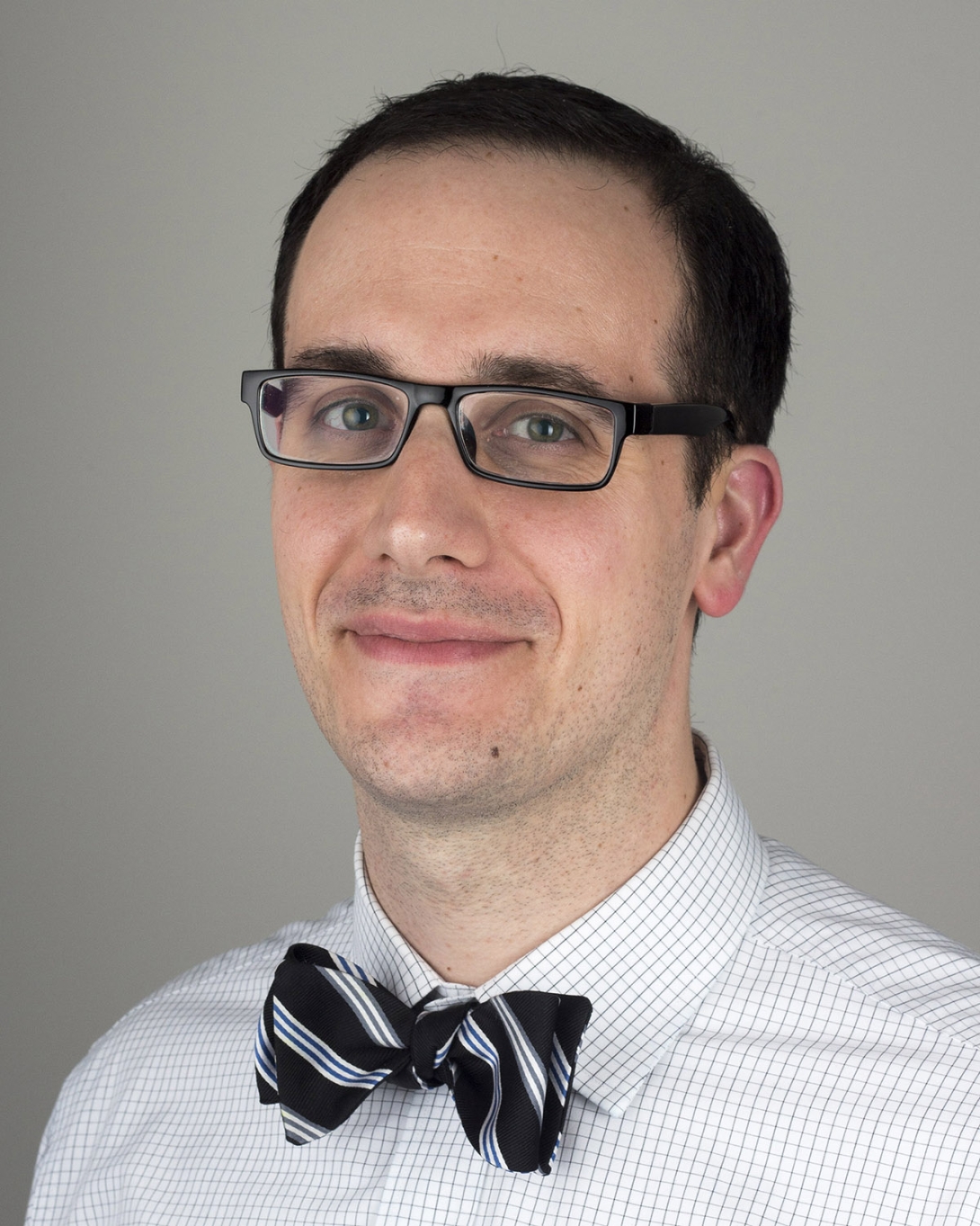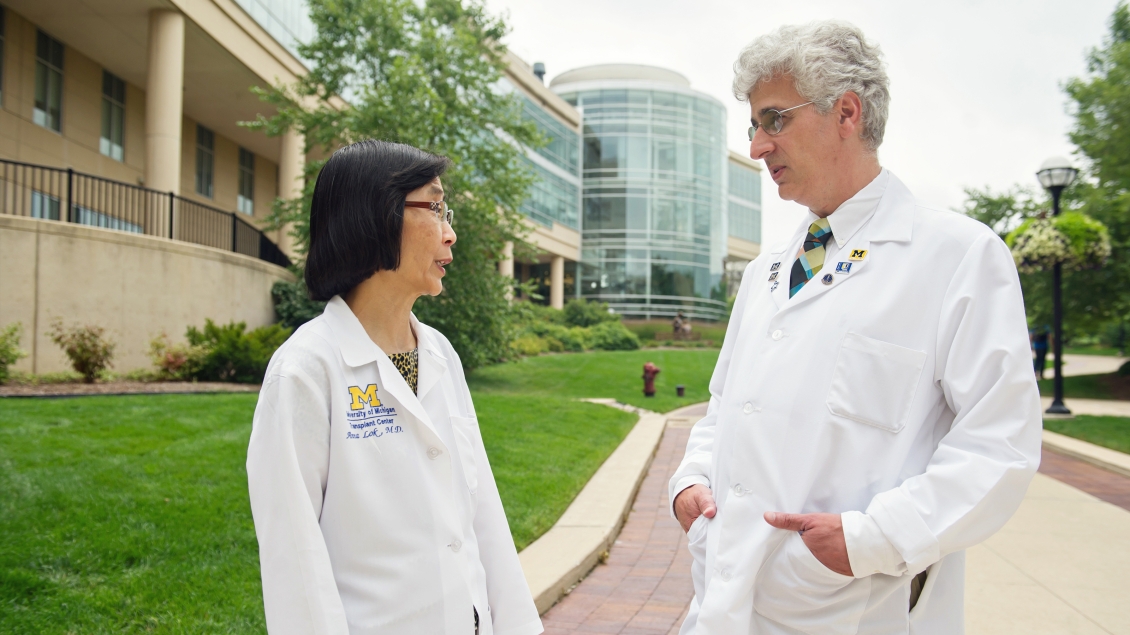
For over 50 years, the Hepatology Program has provided state-of-the-art liver care, research and education. Our faculty are committed to patient education and physician training. The program has trained a majority of the transplant hepatologists practicing in Michigan.
In addition to providing hepatology training for U-M gastroenterology fellows, the Hepatology Program offers a one-year Transplant Hepatology Fellowship for candidates who have completed an ABIM-certified three-year Gastroenterology Fellowship.
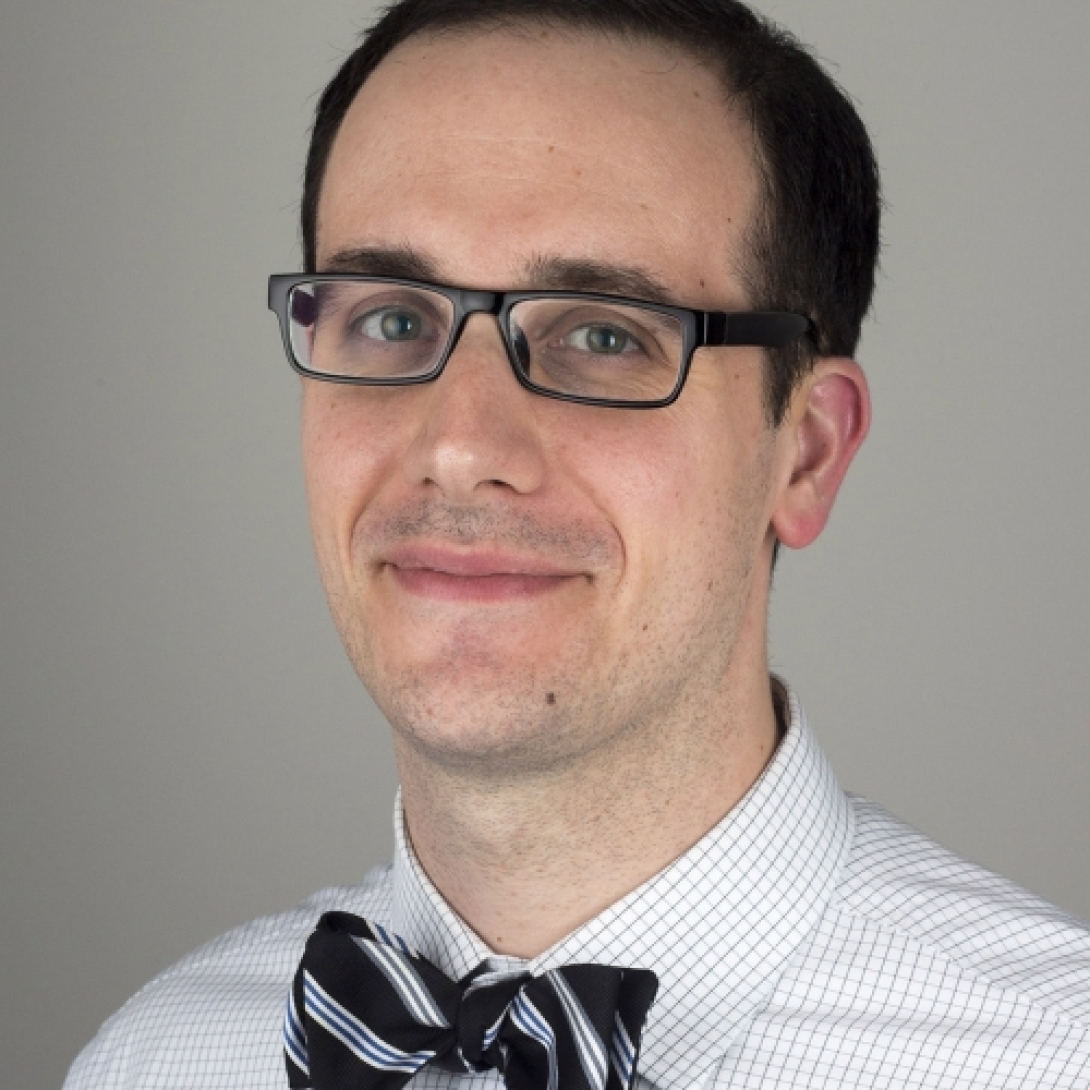
Thank you for your interest in the Michigan Medicine Hepatology Program. I invite you to explore our pages to learn more about us and what we do.
For over 50 years, our comprehensive approach to liver disease has powered our program’s continued success. Our faculty have emerged as leaders at the national and global level. As a result, our patients benefit by having access to expert care, experimental therapies and effective new treatment approaches. The new insights and knowledge generated by our faculty benefit not just our patients, but also patients around the world.
Our faculty have contributed to the development of national guidelines on management of a variety of liver diseases and approaches to liver care. These guidelines provide guidance to physicians all over the world on how to manage patients with liver disease.
We have multiple NIH-sponsored clinical research networks, including cirrhosis, biomarkers for early diagnosis of hepatocellular carcinoma, drug-induced liver injury and hepatitis B. We are also involved in many clinical trials that evaluate new therapies for various liver diseases, including cirrhosis, steatotic liver disease, Wilson disease and hepatocellular carcinoma.
The Hepatology Program is committed to patient education and physician training. We offer a one-year Transplant Hepatology Fellowship for candidates who have completed an ABIM-certified three-year Gastroenterology Fellowship. This program has trained a majority of the transplant hepatologists practicing in Michigan.
Today, we are leading the way with the help of collaborative partnerships, a robust research infrastructure here at the University of Michigan, and our patients, whose involvement in our clinical studies, have led to many medical breakthroughs. Recognizing that optimal management of liver diseases requires a team approach, we have added three multidisciplinary clinics: Wilson Disease, Steatotic (fatty) liver disease, and Alcoholic Liver Disease; to our two existing multidisciplinary clinics: Liver Transplant and Liver Tumor.
I am proud of our program and often amazed by our accomplishments. I hope you will partner with us.
Sincerely,
Elliot Tapper, MD, FAASLD
Academic Chief of Hepatology
Andrews Family Research Professor of Hepatology
Dr. Anna Lok is the Alice Lohrman Andrews Research Professor of Hepatology. Established by Charles J. “Chuck” and Judy Andrews, the professorship is named for Chuck’s late wife, Alice Lohrman Andrews, who died in 1996 from complications of liver disease.
A native of Detroit and graduate of Redford High School, Alice Lohrman earned her bachelor’s degree in education from the University of Michigan in 1960. She met Chuck in 1958 at a social mixer, and they were married in 1961. A fellow U-M alum, with a degree in business, Chuck rose through the executive ranks at Ford Motor Company. Alice taught school, taking a particular interest in children with special needs; in later years, she sold real estate. She was also active as a national officer in her sorority, Alpha Chi Omega. The couple, who shared a love of U-M football and basketball, raised three children.
In the mid-1990s, Alice was diagnosed with liver disease. The family sought care from world-renowned hepatologist Anna Lok, MD. When Alice lost her life to the disease in 1996, the family philanthropic organization TUKTAWA (pronounced “tucked away”) was directed to make gifts to support Dr. Lok’s research toward more effective treatments and, eventually, a cure.
In December 2007, the foundation decided to further support Dr. Lok’s work by establishing a professorship in Alice’s name in order to advance the world-class research in liver disease at U-M, made possible by Dr. Lok’s leadership of the hepatology team in the Division.
Dr. Lok continues to hold the Alice Lohrman Andrews Research Professorship in Hepatology today, and her work is transforming how diseases of the liver are diagnosed, managed, and treated.
Dr. Keith Henley, a renowned hepatologist at Michigan Medicine, began the program's work over 50 years ago. He earned an enviable reputation for integrity, accessibility, scrupulous fairness, and a deep moral conscience.
Dr. Henley joined the University of Michigan Medical School faculty in 1954 and in 1972 began leading the Division of Gastroenterology as chief. In the same year, he founded the Hepatology Program. In 1985, he, along with Dr. Jeremiah Turcotte (the T of the CTP [Child-Turcotte-Pugh] score that is used to assess severity of liver disease), established the University of Michigan Liver Transplant Program, one of the first in the United States.
Dr. Henley was the first to describe alanine aminotransferase (ALT) in serum, which is used throughout the world as a diagnostic tool for liver injury. His primary research focus during the latter part of his career and into retirement, was the development of an infrastructure to aid in the education and care of patients with hepatitis in Vietnam and in other countries afflicted with high incidences of the disease.
Dr. Henley also strengthened the GI presence at the Ann Arbor Veterans Affairs hospital. The results of his clinical efforts and his hepatology research have had far-reaching impact on the care of liver disease and liver transplant patients. Dr. Henley led the Division until 1981 and retired in 1993.
Following his retirement, Dr. Henley remained active as a faculty member and professor emeritus in the Department of Internal Medicine. In honor of Dr. Henley’s contribution to the field of hepatology, the care of patients with liver diseases, and the Michigan Medicine Division of Gastroenterology and Hepatology, the University of Michigan and the Henley Family established the Keith S. Henley, MD, Collegiate Professorship in Gastroenterology in 2008.
You might be asking yourself whether giving will really make a difference to liver disease research. It will, and here’s why.
Most of our research is supported by grant funding from federal and state agencies, foundations, industry, and professional societies. However, to compete for such grants, our researchers must be able to show “proof of concept” -preliminary data to show that their ideas are likely to work. This is particularly true for highly innovative projects that have the potential to dramatically improve the diagnosis and treatment of liver disease.
The support of individual donors like you is needed to help initiate our most promising research projects in their earliest stages, when they are not yet eligible for support from traditional funding agencies. With your seed funding; however, we can develop these ideas to the point where we can then compete for larger grants.
To support hepatology research at Michigan Medicine, visit the U-M Giving website below.
If you have any questions, please email [email protected]
For instance, the TUKTAWA Foundation gave University of Michigan hepatologists the freedom to pursue high risk, high reward research, and to train the next generation of researchers in liver disease.
The Anna S.F. Lok, MD Hepatology Breakthrough Research Fund supports hepatology research at Michigan Medicine, providing seed funding for pilot studies and supporting research projects conducted by fellows and early-career faculty members as they pursue new discoveries. Your contribution to this fund will increase understanding of all liver diseases, creating knowledge that can continue to lead to effective treatments and cures.
In 2020, the Early Career in Hepatology Faculty Fund was established to support the promise of early career faculty as they establish expertise in the field. The goal is to provide stable funding for promising early career faculty for a period of up to 5 years to explore bold ideas and make transformative contributions to medicine. This fund will be named after Dr. Anna Lok who has mentored the most of the early career faculty in the Michigan Medicine Hepatology Program in the last 25 years.
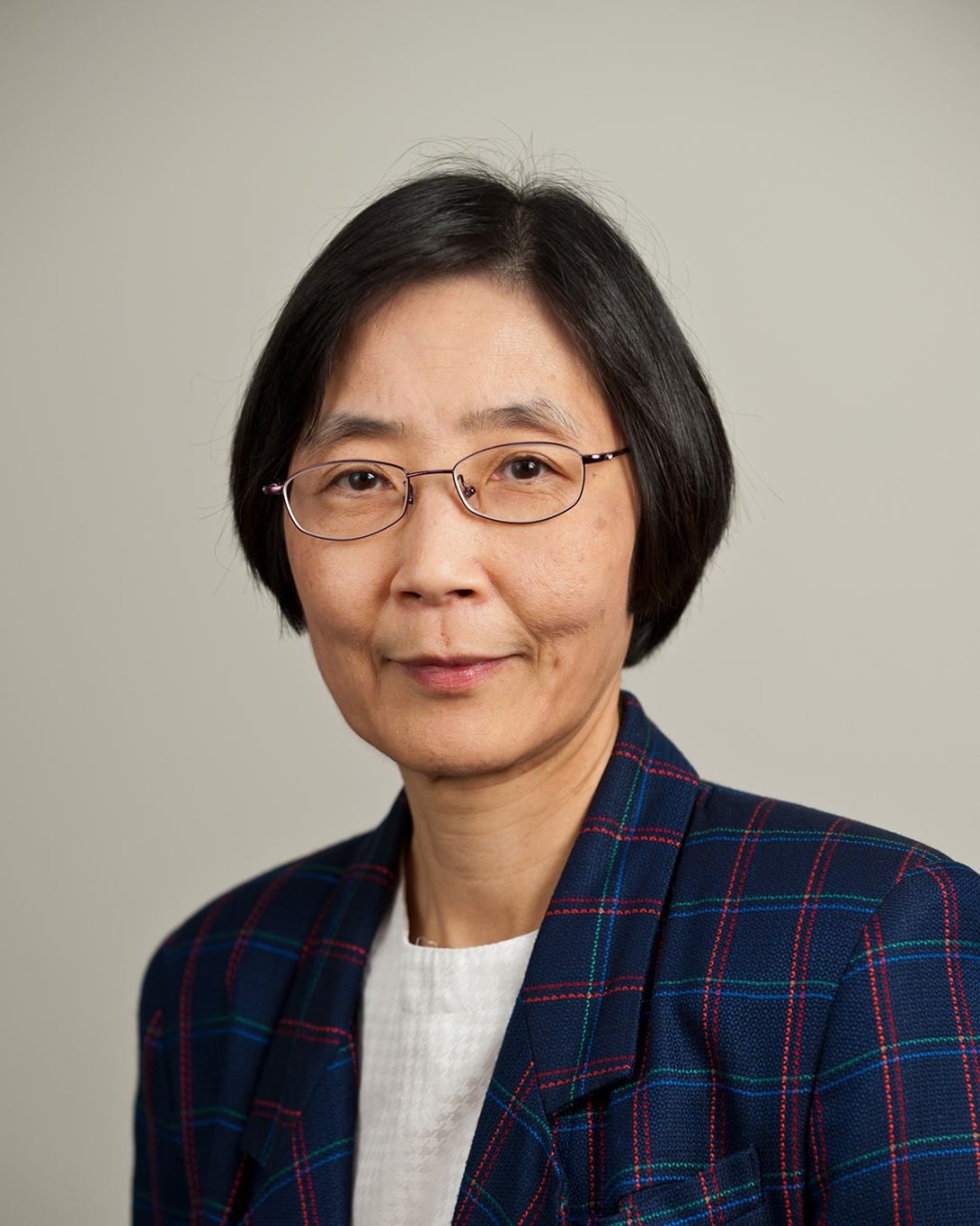
Alice Lohrman Andrews Research Professor of Hepatology
Professor of Internal Medicine
Medical Director, Clinical Hepatology
Assistant Dean for Clinical Research
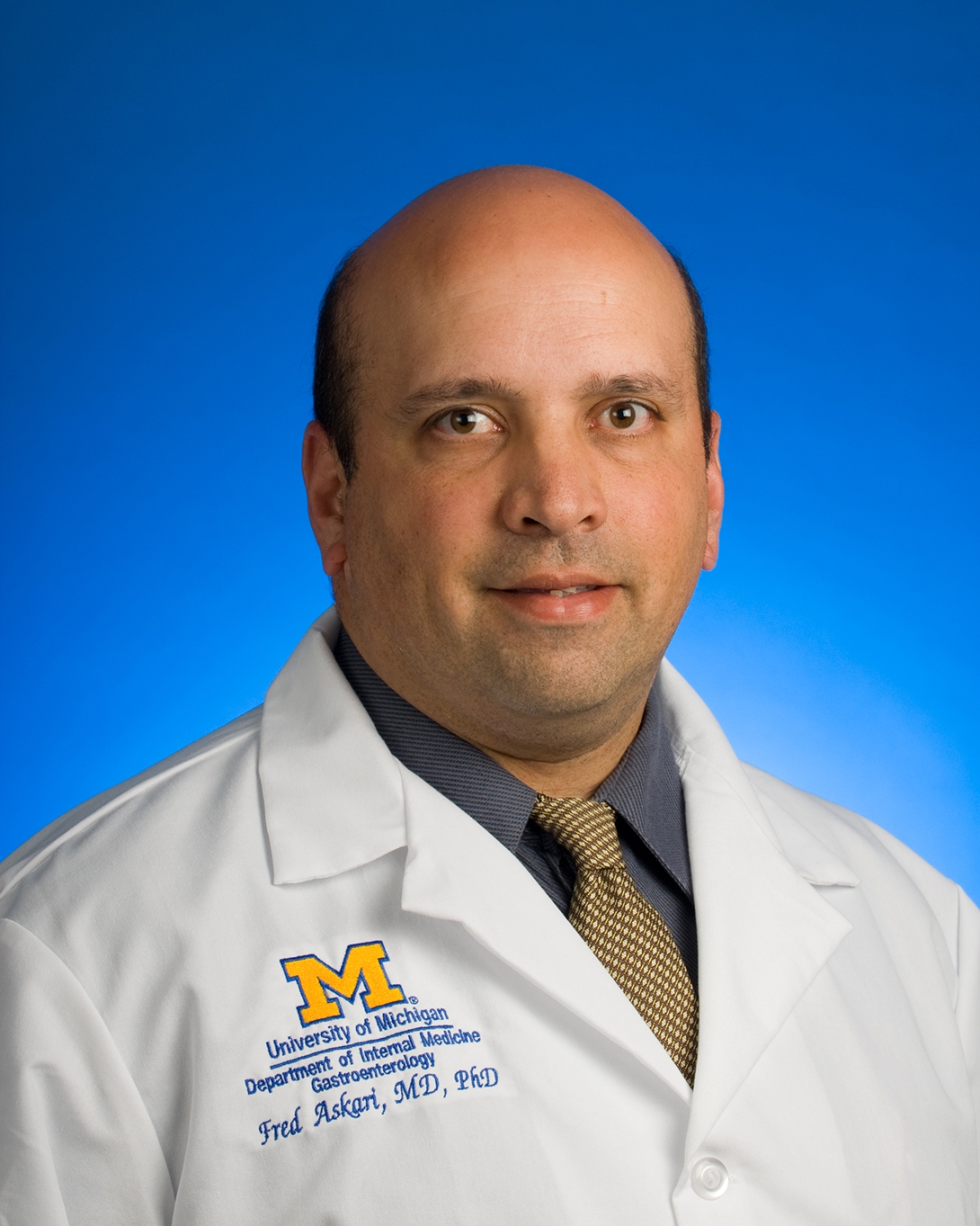
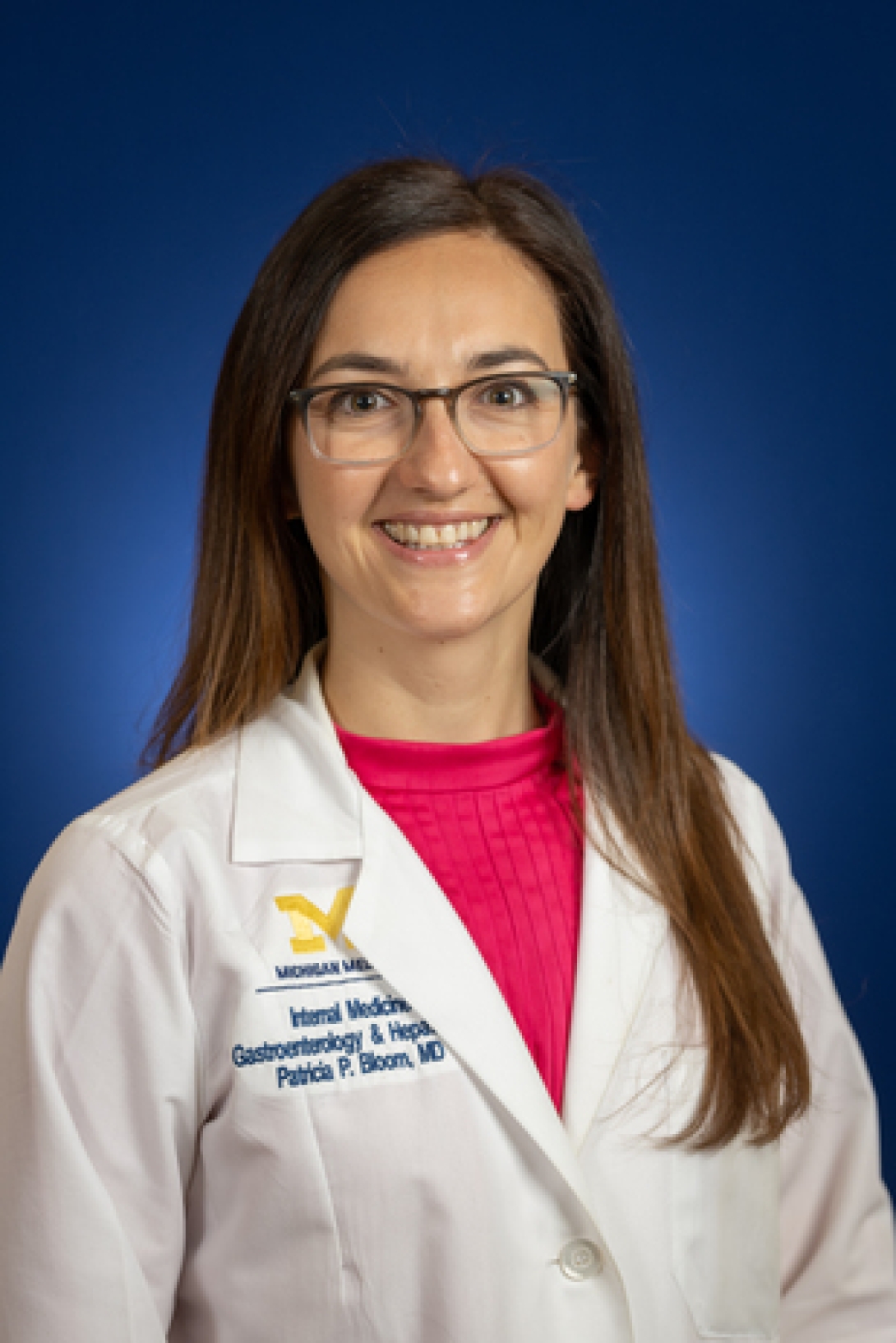
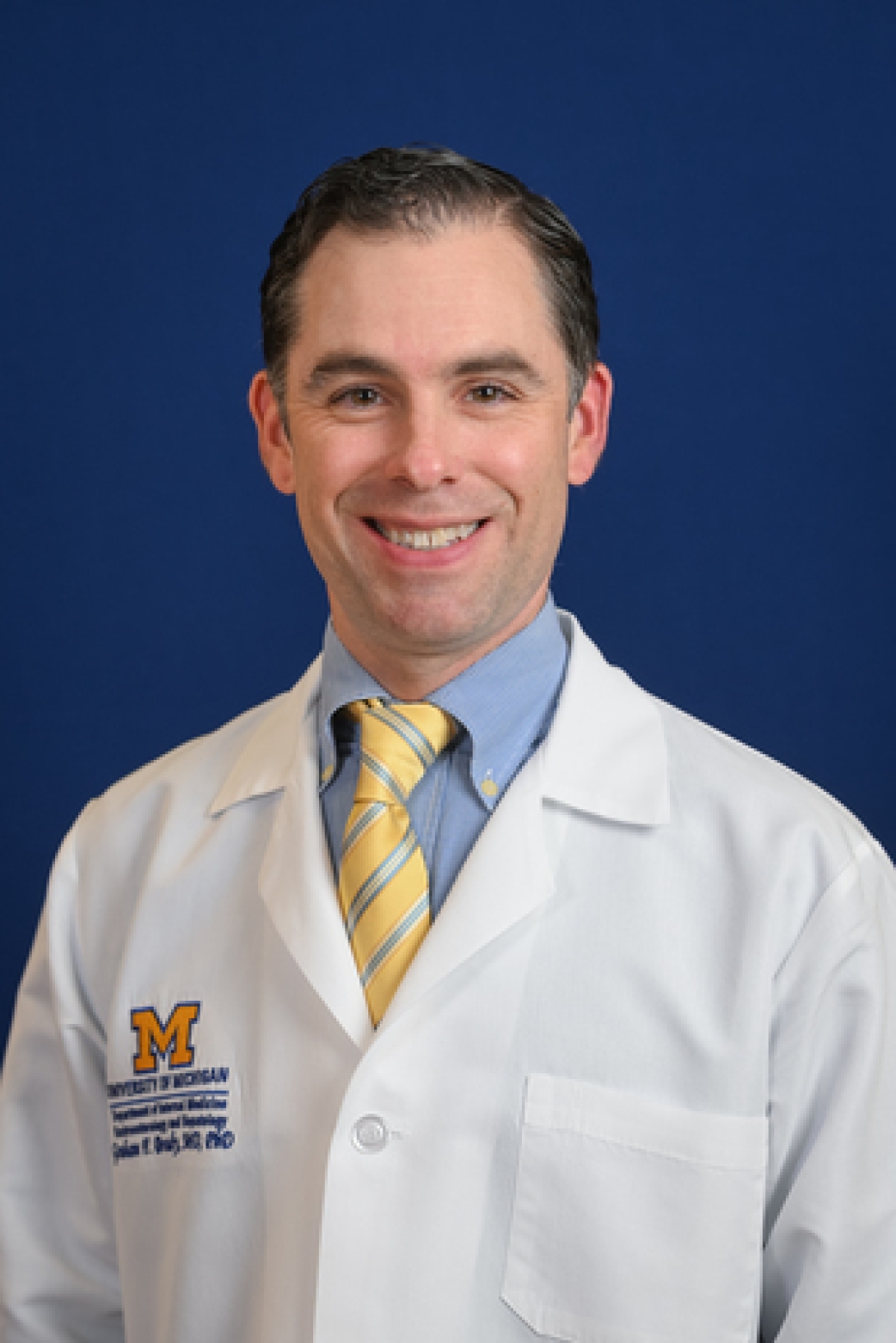
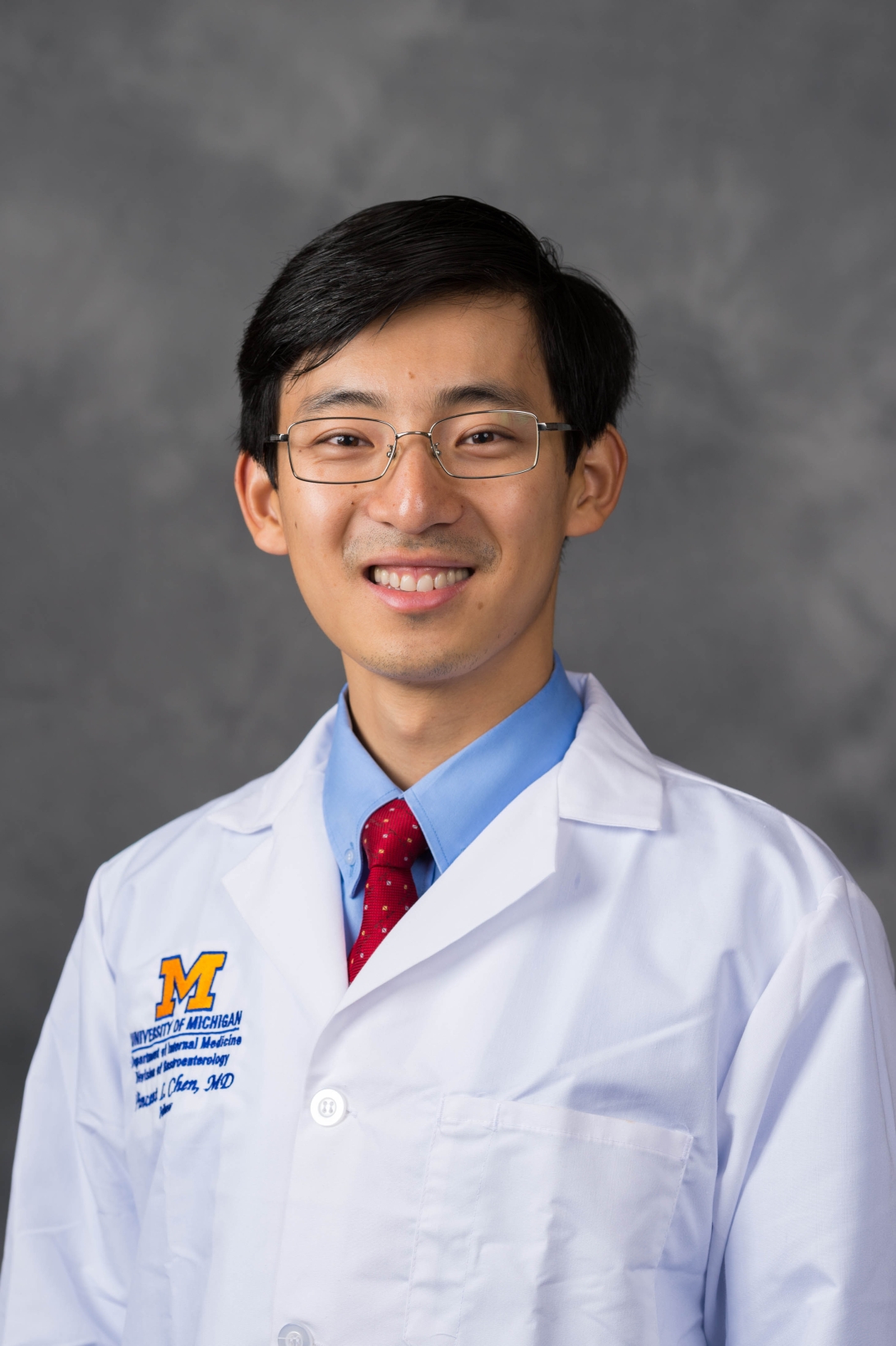
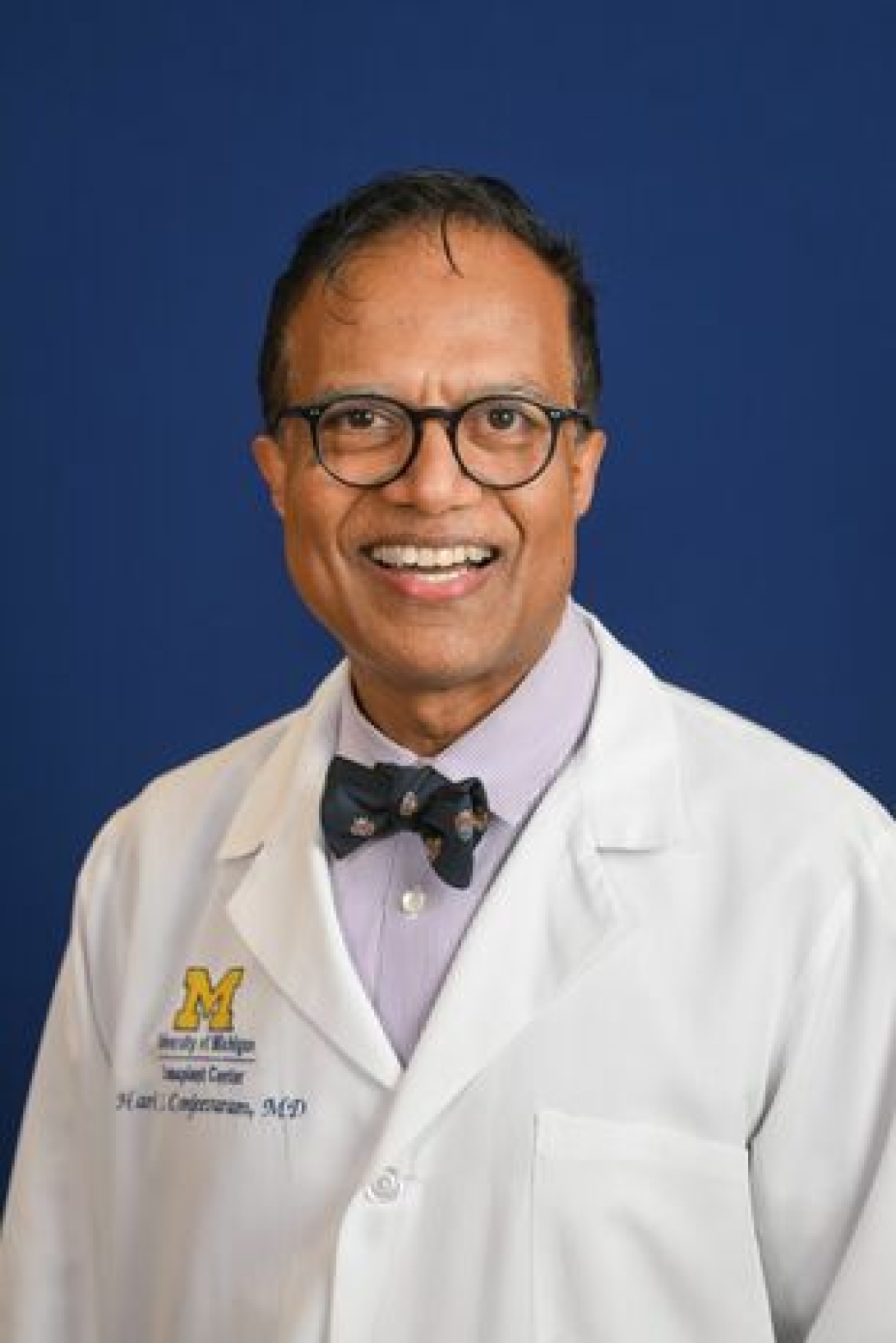
Fellowship - Gastroenterology
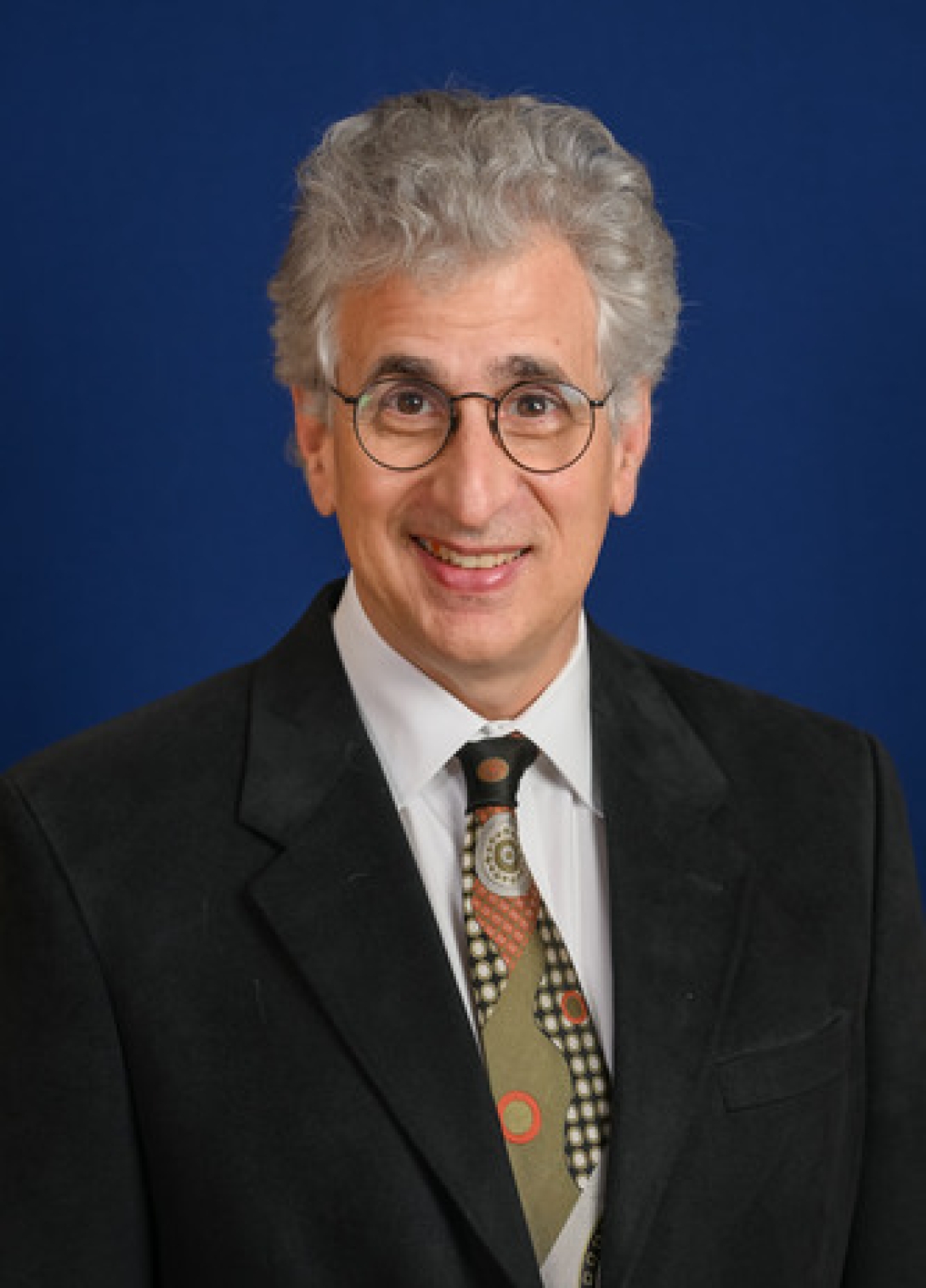
Program Director of Fellowship
Transplant Hepatology
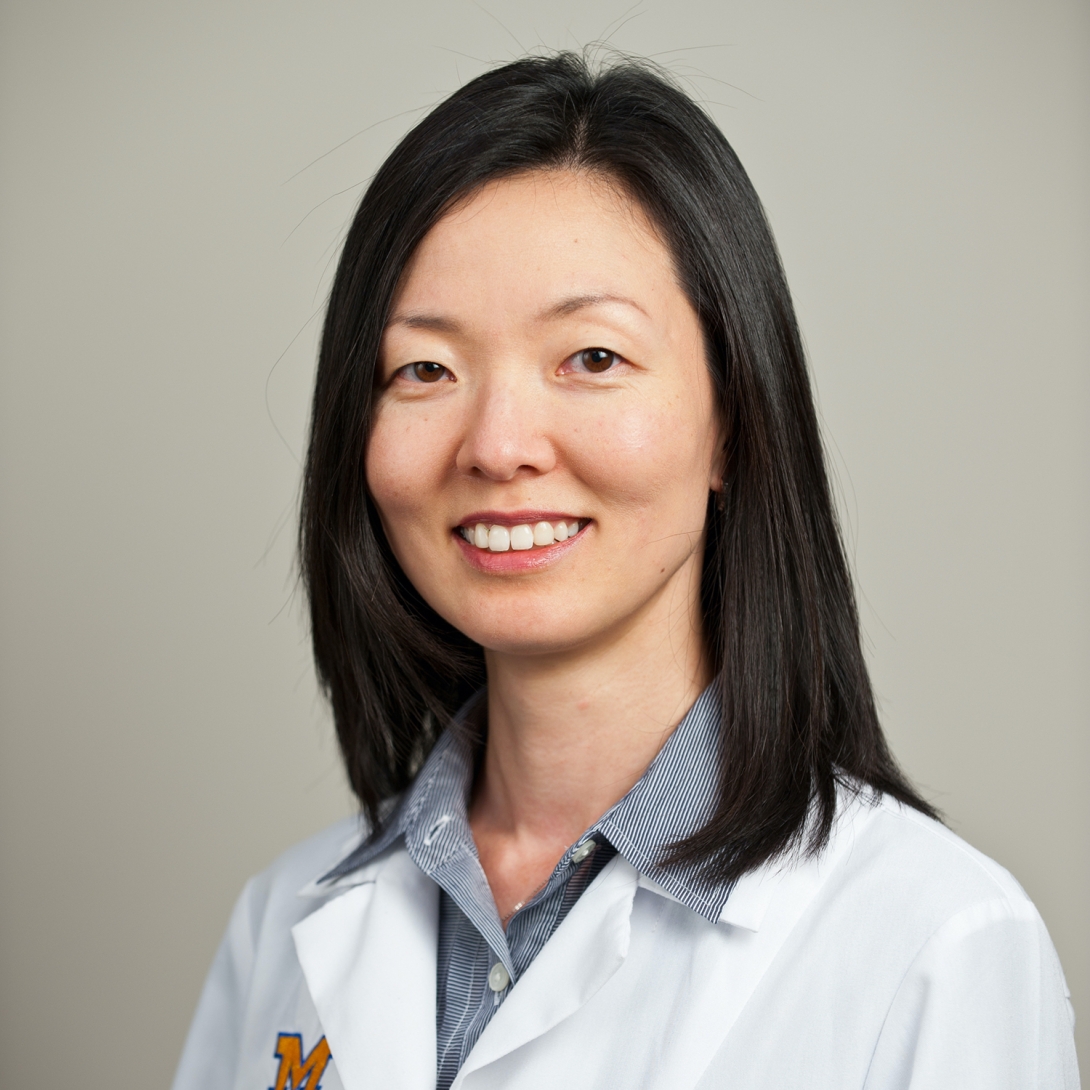
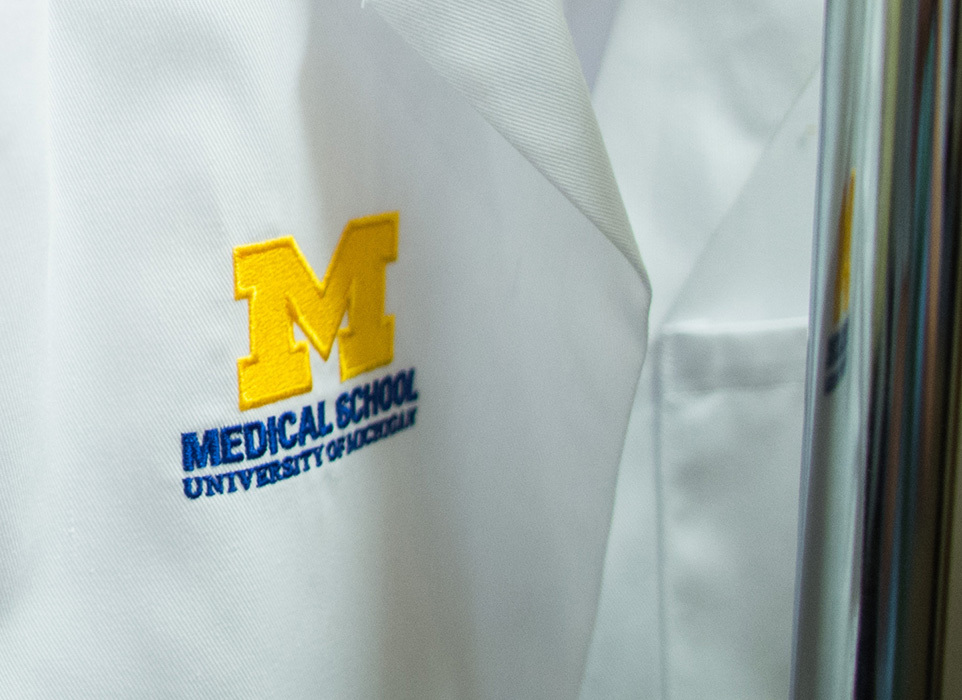
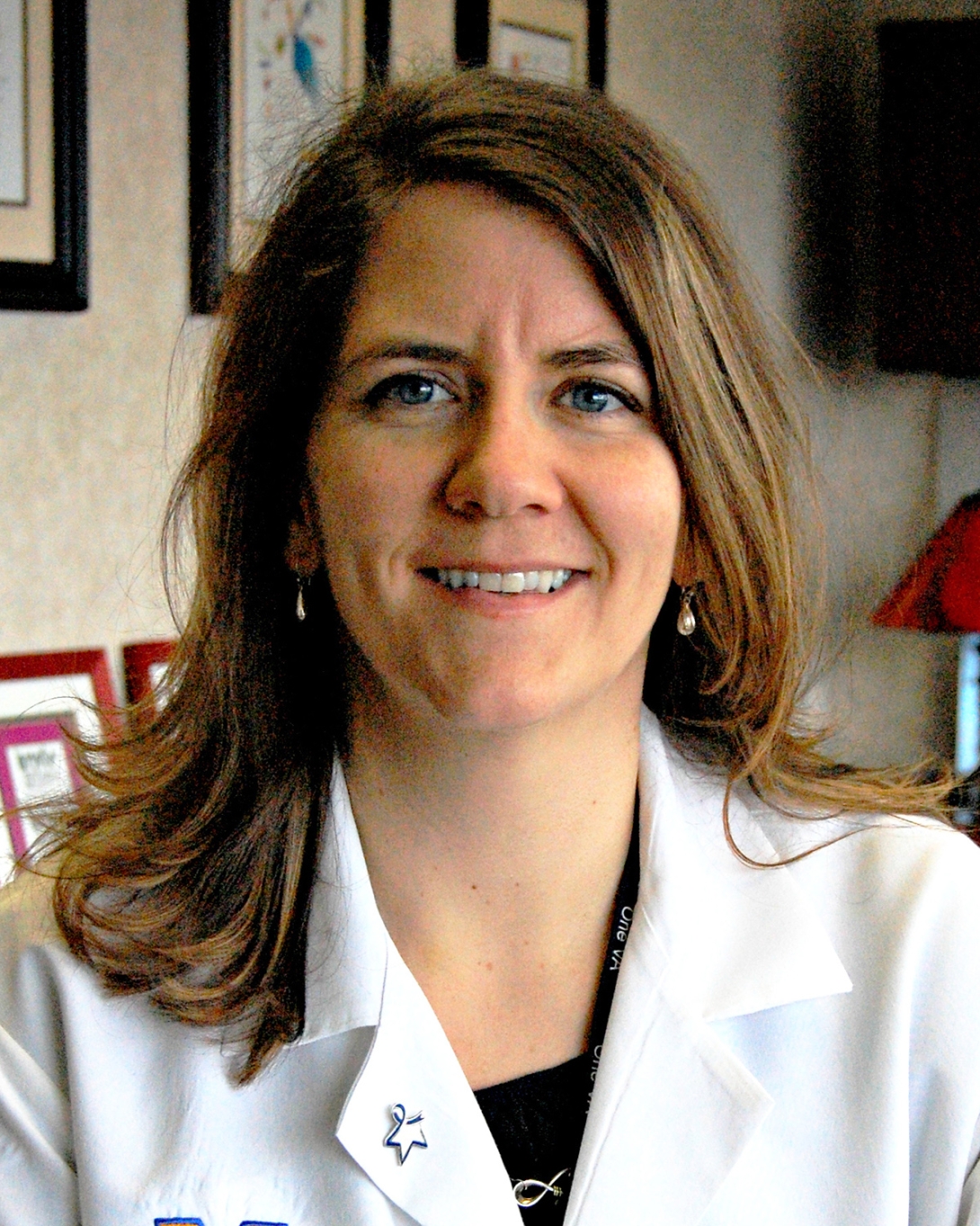
Assistant Professor of Psychiatry
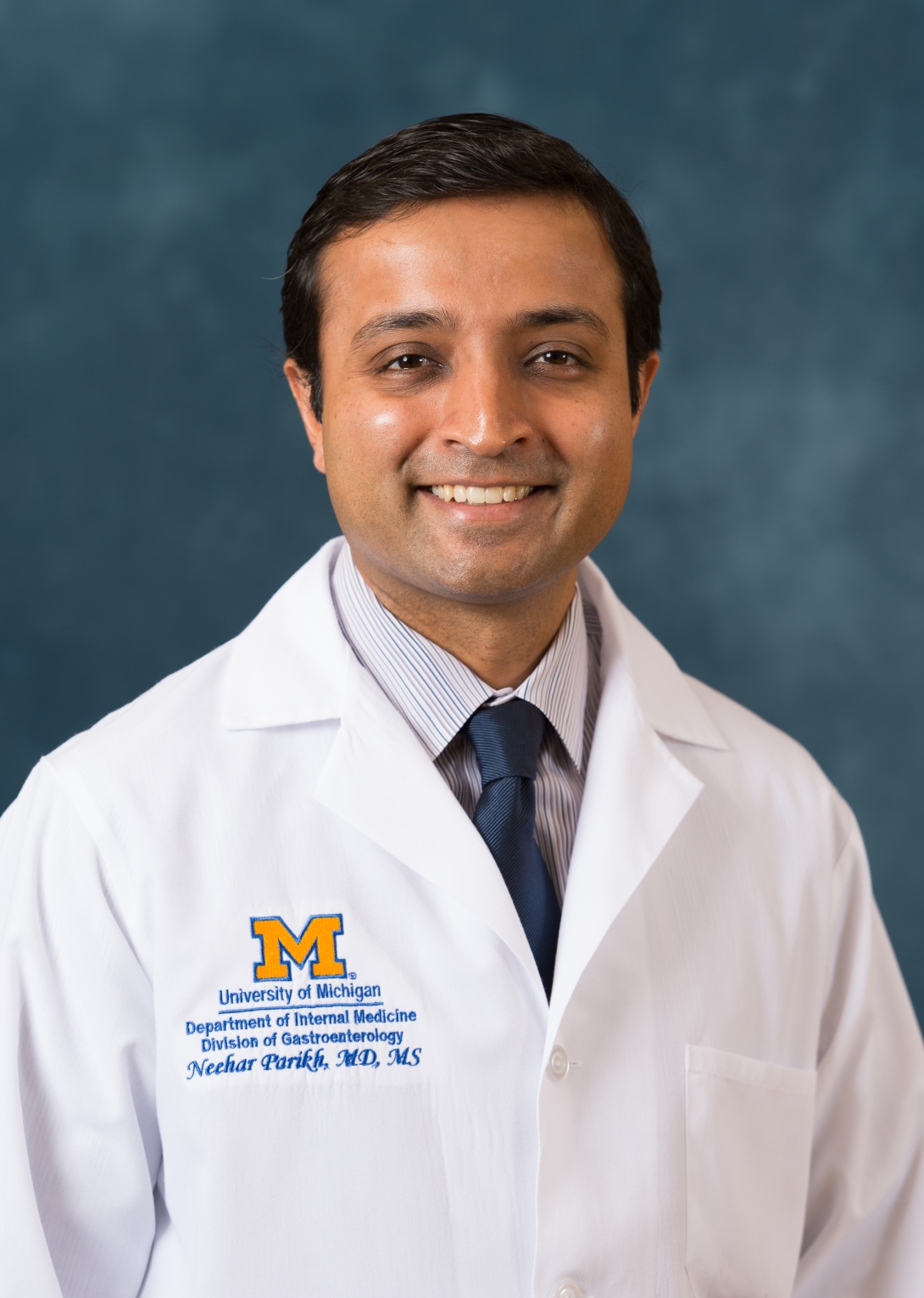
Hepatology Living Donor Transplant
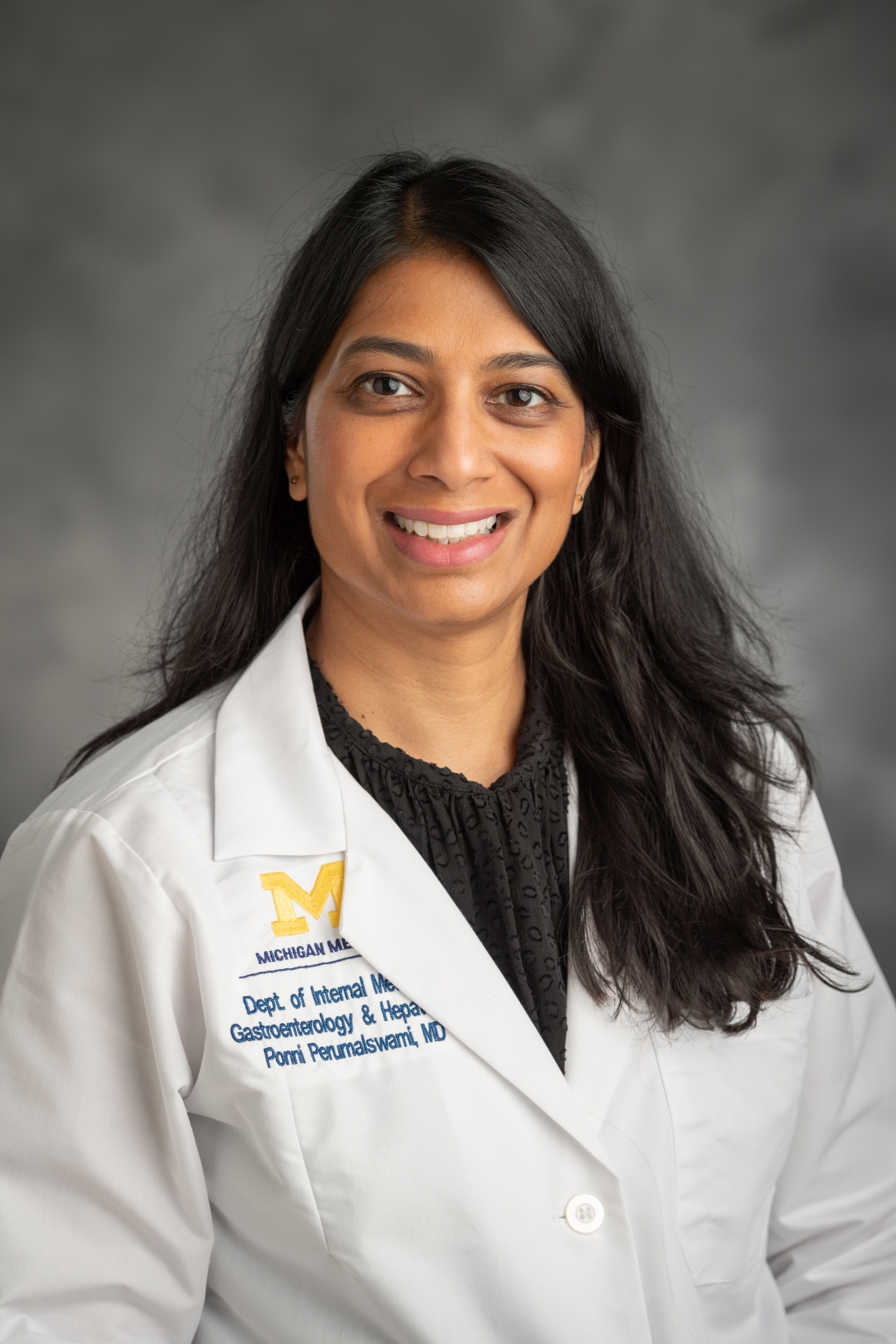

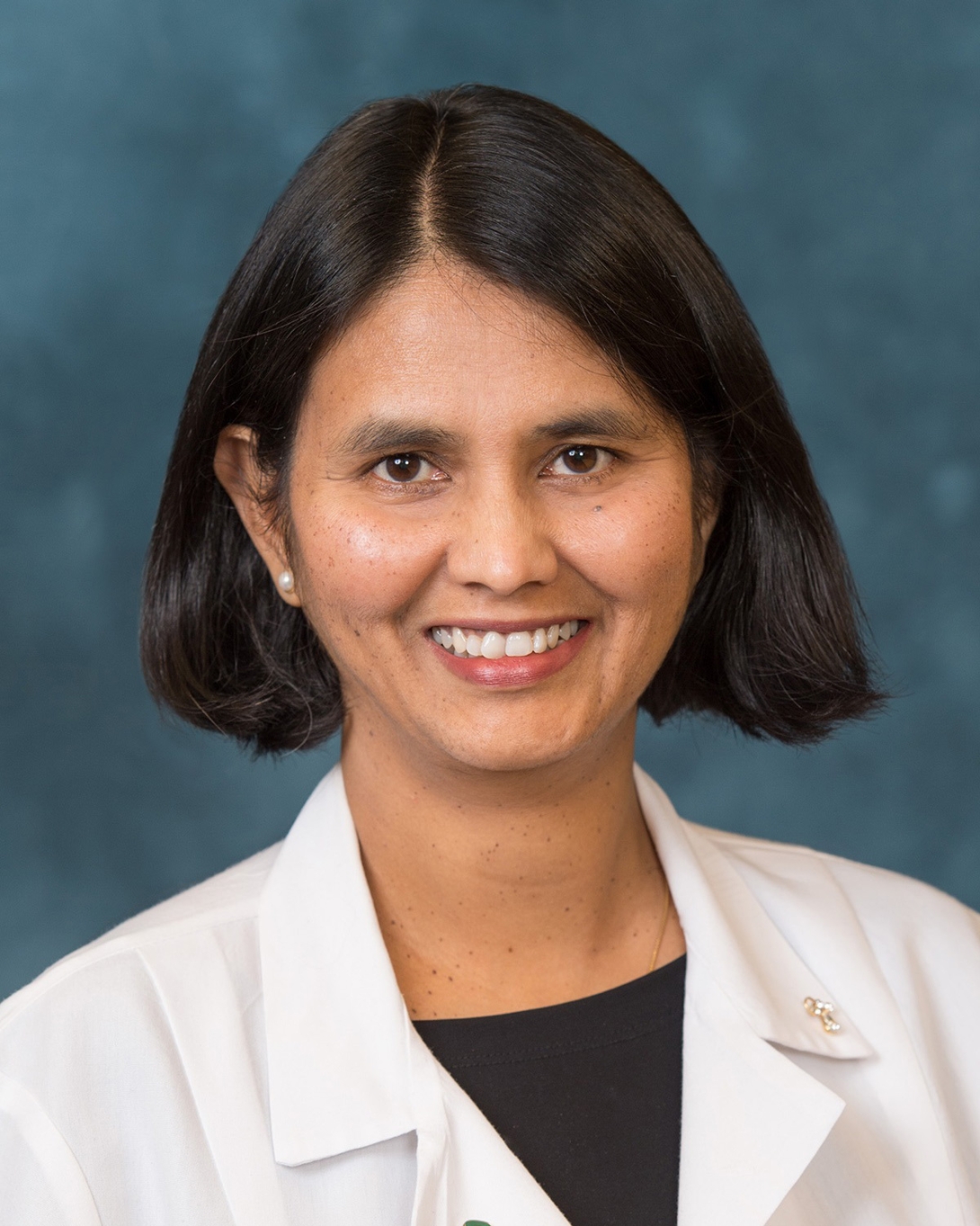
Hepatology Transplant
Internal Medicine
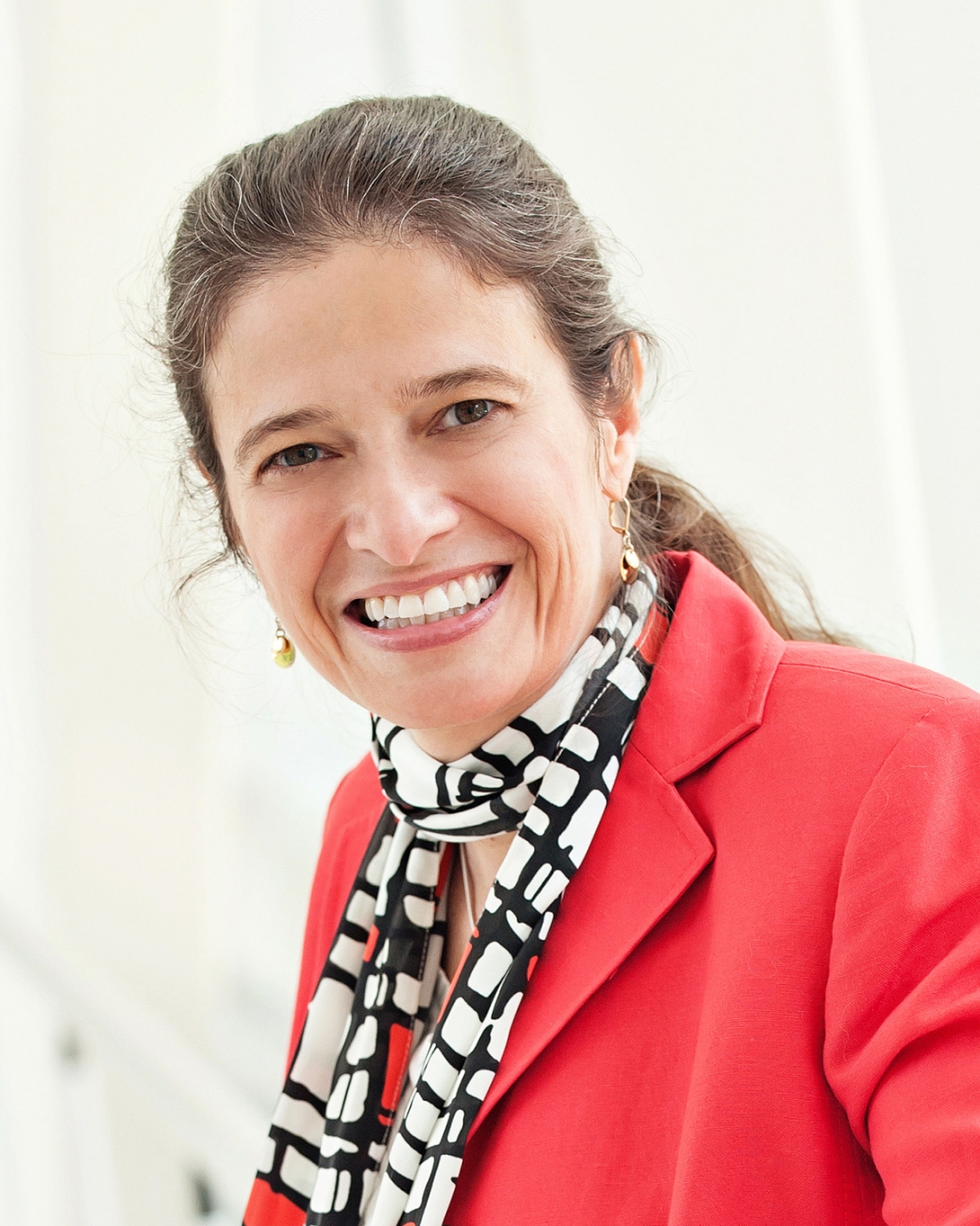
Professor of Internal Medicine
Professor of Computational Medicine and Bioinformatics
Associate Director
Medical Scientist Training Program (MSTP)
Program Director
Precision Medicine Program
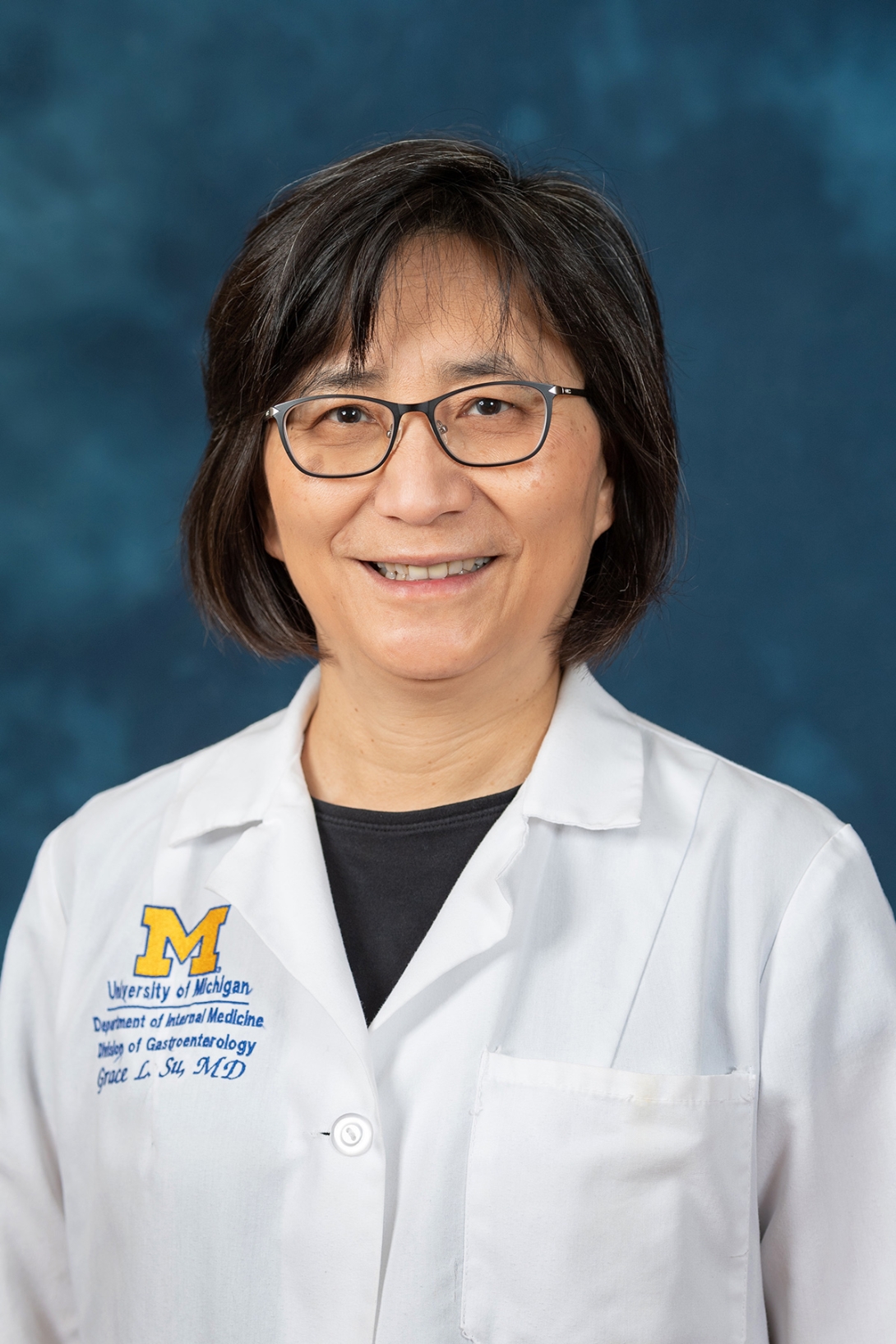
Professor of Internal Medicine
Professor of Surgery
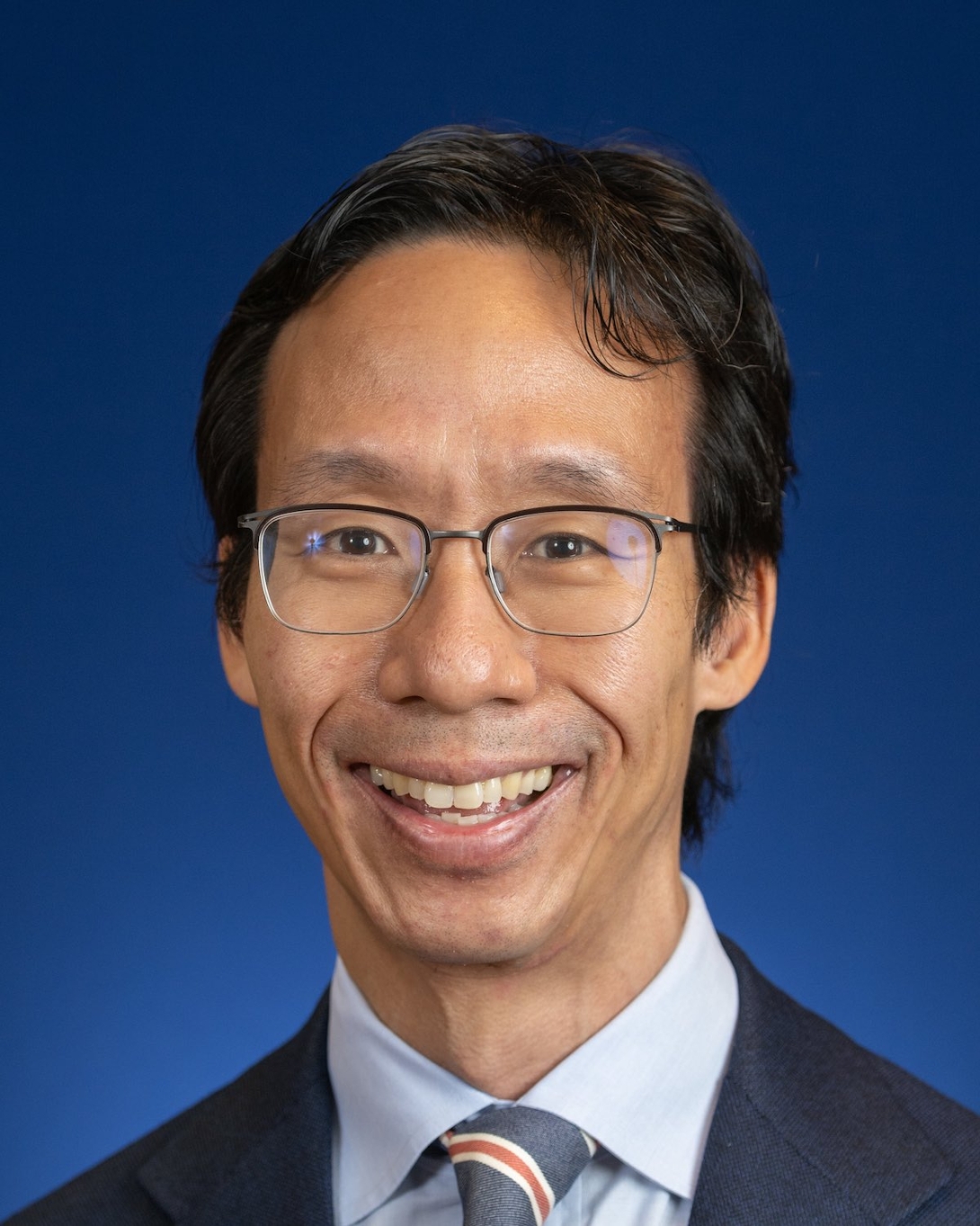
Associate Professor of Microbiology and Immunology
Assistant Dean for Early Medical Education
